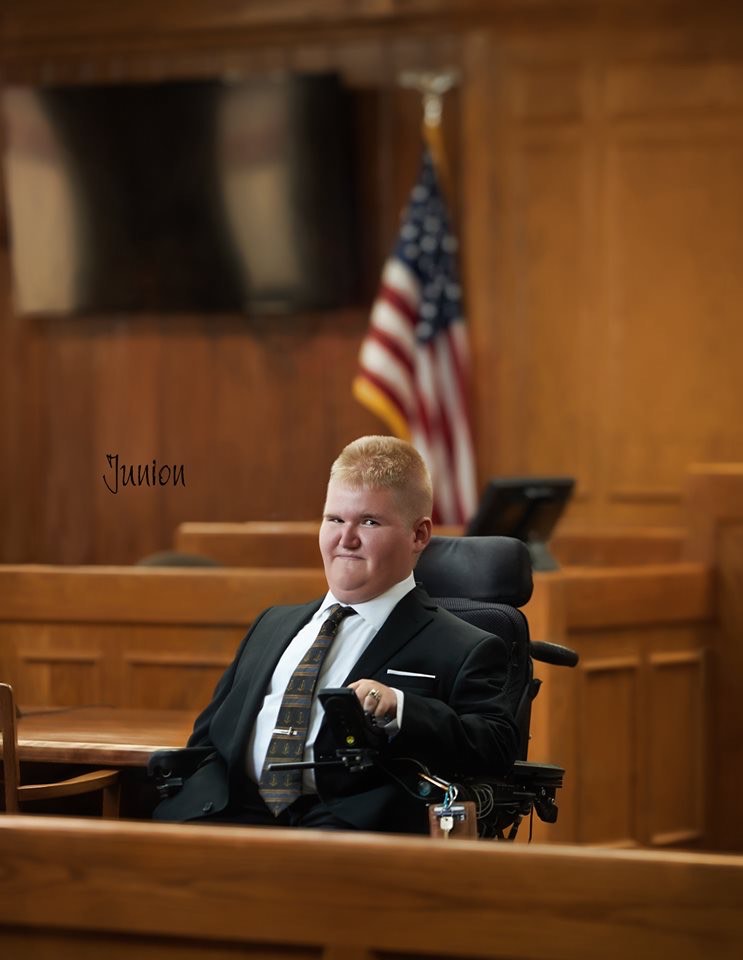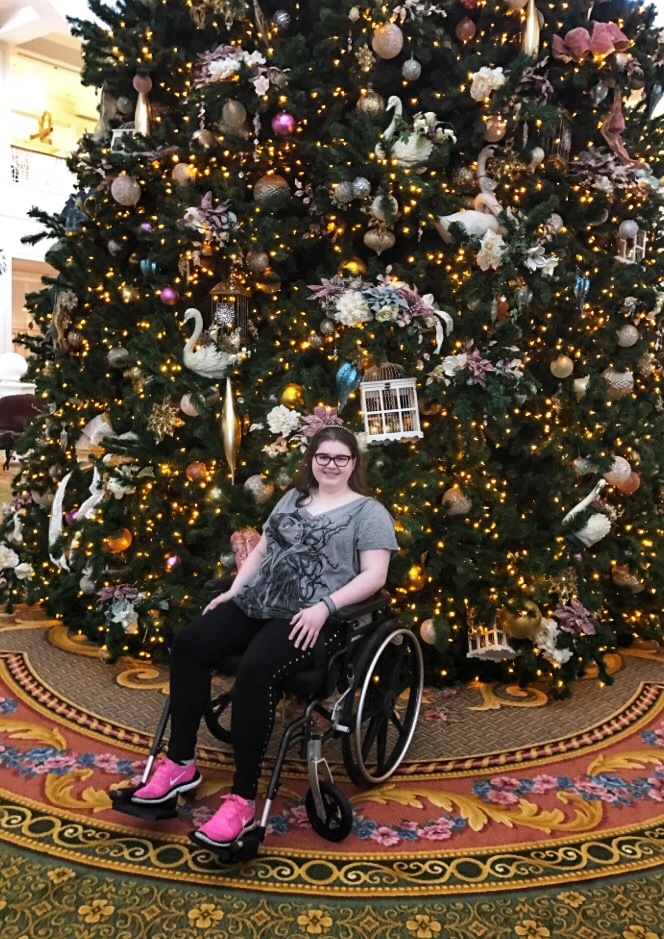
Katie Klauser
From a young age, my parents nicknamed me the “million-dollar baby.” Between the many hospital stays due to my seizures and diabetic episodes, various tests administered, test supplies, pump and sensor supplies, and seizure medication, the cost adds up. I am very fortunate to still be on my parents’ insurance because I do not have to pay for any of my medical expenses and I know that a single bottle of insulin can be extremely expensive, let alone the additional supplies needed to use an insulin pump or continuous glucose monitor.
Every day, I must test my blood sugar eight to ten times, count my carbs, and take insulin when I test or eat. Every three days, I must change my pump site and every ten days, I must change my sensor. These impacts are ongoing, so I have had to adjust since age six. I have endocrinology appointments every three months, and beforehand, I must go to the lab to get blood drawn for my A1C results. I have neurology appointments every six months, and every few years I must get an EEG, usually after being sleep deprived for over 24 hours, to monitor my brain and how it reacts to certain seizure triggers. I constantly get prescription refills from Walgreens, so I must take time out of my day to walk to the pharmacy while I am away at college, in addition to paying for the prescriptions, which can definitely add up in cost. Two summers ago, I had to wear electrodes for 72 hours to complete a take-home EEG. I was unpresentable, so I could not go out in public nor to work.
Being diagnosed with Type 1 Diabetes and Epilepsy has created issues for me. While the issues are not ongoing, they are still intermittent and occur multiple times a week. When walking to class, I can get low blood sugar, forcing me to stop where I am, test my blood sugar, treat for low blood sugar, and then wait until my number rises enough so it is safe for me to continue walking to class. This poses a risk when I am outside in the cold and can lead me to arrive late. I have difficulties focusing when my blood sugar is too high or too low, I can feel sick, have the possibility of getting ketones, and even risk hospitalization. After my most recent seizure three summers ago, I had many short-term memory problems. If I were in school and had a seizure, not only would I have problems catching up with schoolwork but could risk forgetting an abundance of material that I had just learned.
While there are many downfalls to having Diabetes and Epilepsy, there are also many triumphs. After spending so much time in the clinic and hospital, I have been exposed to numerous health care careers and know it is something I want to do as a career, too. Currently, I am planning on going to medical school to become a plastic surgeon, medical interpreter, or endocrinologist. As an endocrinologist, I can help patients better control and manage their Diabetes, creating an enormous sense of comfort and relief for both the patient and their family members. I still remember when I first got diagnosed with Type 1 Diabetes, my mom was constantly on the phone with nurses, whether to get advice or just reassurance that she was managing my Diabetes as best as she could, and I want to be able to give back that same advice that I know can help in more ways than one.
Not only have my diagnoses opened my eyes to the medical field, but they have truly made me become a more compassionate and caring person. Epilepsy is not a condition that can be detected by just looking at a person and their appearance. By living with a “hidden disease” myself, I am reminded every day that everyone is fighting a battle that I know nothing about, and I make sure to stop myself from making preconceived ideas or having negative thoughts about others when I know nothing about what they are going through.





